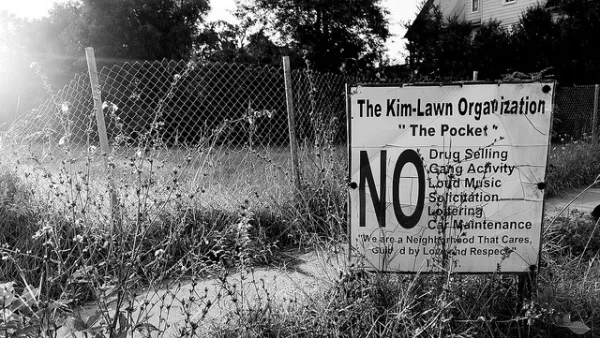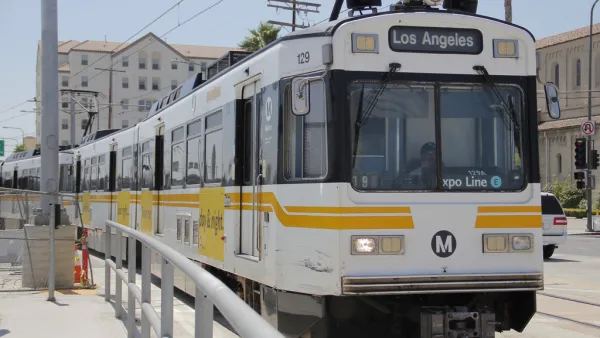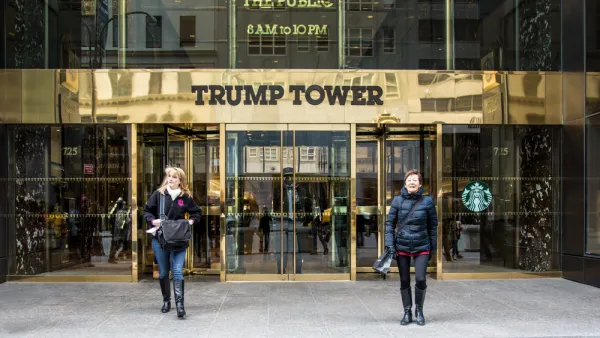Irvin Dawid discovered Planetizen when a classmate in an urban planning lab at San Jose State University shared it with him in 2003. When he left San Jose State that year, he took with him an interest in Planetizen, if not the master's degree in urban & regional planning.
As a long-time environmental activist, he formed the Sustainable Land Use committee for his local Sierra Club chapter and served six years on the Bay Area Air Quality Management District’s Advisory Council from 2002-2008. He maintains his interest in air quality by representing Sierra Club California on the Clean Air Dialogue, a working group of the Calif. Environmental Dialog representing business, regulatory and public health/environmental interests.
Major interests include transportation funding, e.g., gas taxes, vehicle miles traveled (VMT) fees, road tolls and energy subsidies that lead to unlevel playing fields for more sustainable choices.
He hails from Queens (Bayside) and Long Island (Great Neck); received an AAS in Fisheries & Wildlife Technology from SUNY Cobleskill and a B.S. from what is now Excelsior College.
After residing for three years on California’s North Coast, he’s lived on the San Francisco Peninsula since 1983, including 24 years in Palo Alto. Home is now near downtown Burlingame, a short bike-ride to the Caltrain station.
He’s been car-free since driving his 1972 Dodge Tradesman maxi-van, his means to exit Long Island in 1979, to the junkyard in 1988.
Major forms of transportation: A 1991 'citybike' and monthly Caltrain pass, zone 2-2. "It's no LIRR, but it may be the most bike friendly train in America."
Irvin can be reached at [email protected]
New York City's Zoning Code, First in the Nation, Approaches its Centennial
New York's 1916 zoning code would not have allowed 40 percent of buildings in Manhattan to be built today, according to a recent analysis. It also turns 100 on August 27 of this year.

Black Flight From Gun Violence: Chicago's Loss Is Suburbia's Gain
Middle class African-Americans are fleeing Chicago due to crime, not due to being priced out, as is common elsewhere. "On average more than 10,000 African-Americans leave the city every," reports Brandis Friedman of WTTW for the PBS NewsHour.

What L.A.'s New Expo Line Extension Won't Do
The $1.5 billion, 6.6-mile light rail extension from Culver City to Santa Monica is projected to double trips on the line by 2030, giving commuters a viable alternative to driving. Just the same, don't expect the extension to reduce congestion.
More Kudos for Denver's Rail Network and Newest Rail Line
Rail has transformed the Mile-High City, and the new University of Colorado A Line from Union Station to the airport is but one of many lines that has turned Denver one of the nation's fastest growing and attractive cities. And more lines are coming!

How Donald Trump Earned His Reputation as a Developer
Perhaps no development is more associated with the presumptive Republican presidential nominee than Trump Towers, which established his reputation as a developer with little regard for historic preservation and revealed his character in business.

























